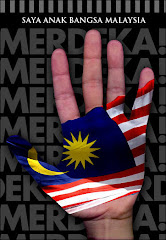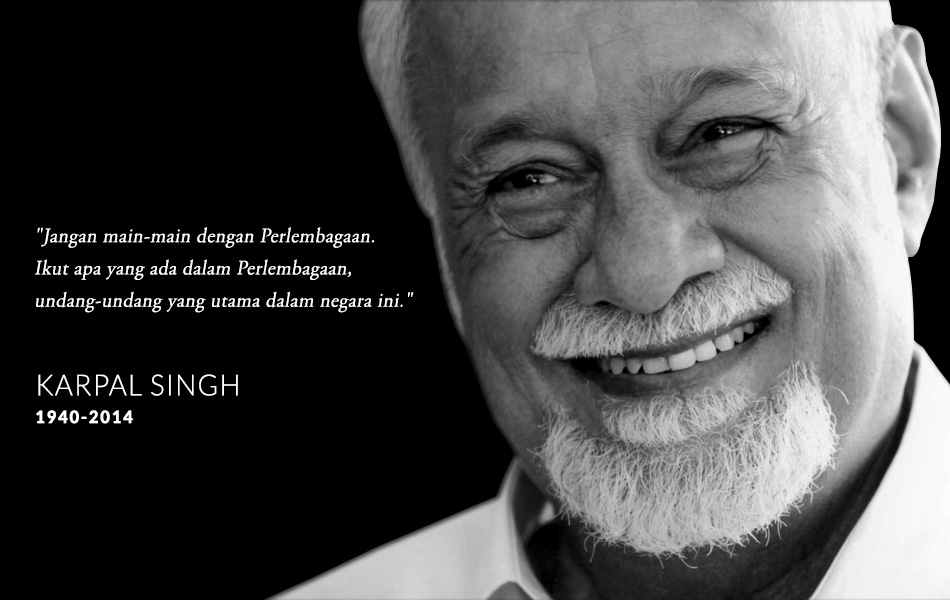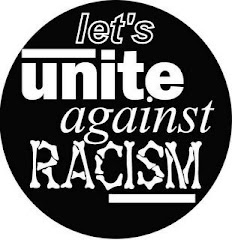 Malaysia fell to its worst ranking ever last year when dropping by 32 spots to 124th. It immediately drew criticism from Malaysian groups, which called on the government to free the press. Last year, its ranking puts it almost in the bottom quarter of all the countries surveyed.
Malaysia fell to its worst ranking ever last year when dropping by 32 spots to 124th. It immediately drew criticism from Malaysian groups, which called on the government to free the press. Last year, its ranking puts it almost in the bottom quarter of all the countries surveyed.The reasons for giving a low rating to Malaysia are:
-The violations included arrests of bloggers and difficulty in accessing the news websites.
-Worried about the increase in cases of online censorship. Governments have realized that the Internet can play a key role in the fight for democracy and they are establishing new methods of censoring.
-The harassment of web activists and cyber-dissidents - from Raja Petra Kamarudin, Nathaniel Tan to Namewee indicates the growing intolerance of the government.
-Month-long suspension of Tamil daily Makkal Osai over a cartoon that allegedly Offended the Christian community even though the churches had accepted the apology.
Barisan Nasional pledge in the 2004 general election for frre the press, but its not too late I guess to reform. The Malaysian public must send a clear message to the government and politicians that we want freedom of information and of expression. Transparency International-Malaysia president Ramon Navaratnam, expressed surprise at Malaysia significant drop.He said this could be due to contradictions between the government pledge towards greater openness and its actions against the mass media and bloggers.
Ramon called on the government to ensure more transparency in its administration and enact a freedom of information (FOI) law - a call that has been persistently made by civil society and journalism groups, as well as political parties. The FOI law is important and the press should be encouraged to publish more freely.
On the 2007 World Press Freedom Day , a political party in Malaysia solemnly expressed their five demands:
1. Abolishment of the licensing provisions in the PPPA
(a) All media outlets only need to register with the Ministry without annual printing or publishing permit.
(b) Deregistration of any media outlet by the Ministry upon violation of laws.
2. A Parliamentary Select Committee/ Caucus on Media Freedom
Establishment of a Parliamentary Select Committee, or at least a multiparty parliamentary caucus, to monitor the state of freedom of information.
3. No blackouts
The Internal Security Ministry to publicly announce that the Government does not and will not issue directives, express or implied, to censor or filter news on important issues.
4. No black-list of writers
Internal Security Ministry to publicly announce that the Government do not and will not issue a blacklist of any writers, and that newspapers are free to publish writings by Mustafa K Anuar, Lee Ban Chen, Chang Teck Peng, Yong Kai Ping, Tan Bee Piang, Ng Chong Soon and Wong Chin Huat.
5. No delays in the renewal of printing permits
Until printing permits are abolished, the Internal Security Ministry to process all renewal applications professionally and in accordance with the notion of justified expectation, avoiding delays.
''More freedom of information will lead to a stronger, transparent press, a more vibrant democracy and a more competitive economy!''-TAN SRI RAMON NAVARATNAM





















